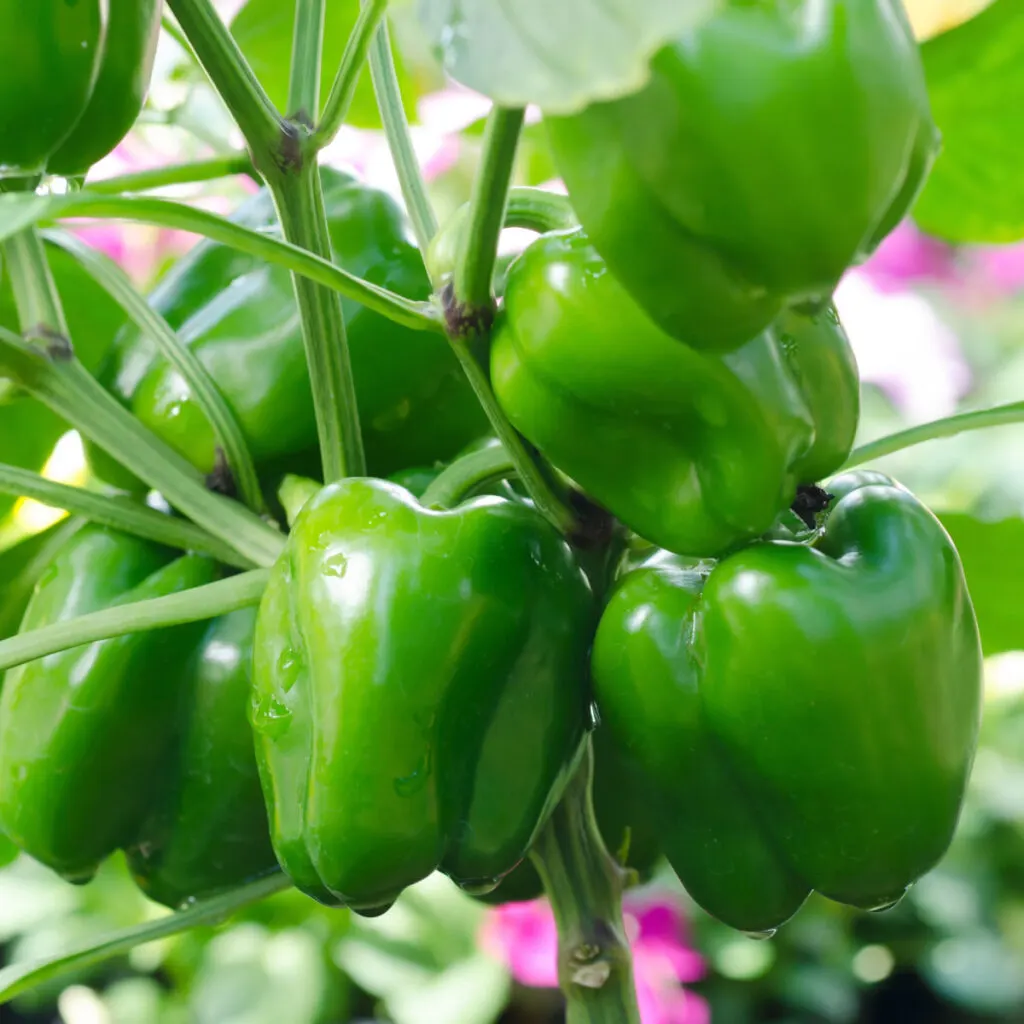How Fertilizers Play a Vital Function in Growing Healthy and Abundant Pepper Crops
Fertilizers serve as the foundation of effective pepper farming, offering a critical method to nurturing the soil and fostering optimum plant development. The intricate dancing between crucial nutrients and the pepper plants' physiological procedures emphasizes the critical role that plant foods play in making certain a bountiful harvest. From sustaining robust origin growth to bolstering condition resistance, the effect of plant foods is far-ranging in the cultivation of fruitful and healthy pepper plants. Remain tuned to discover the nuanced ways in which fertilizers add to the flourishing of pepper plants and the sustainable practices that underpin their efficacy.
Importance of Nutrient-Rich Plant Foods
The use of nutrient-rich fertilizers plays a crucial duty in boosting the productivity and quality of pepper plants in contemporary agricultural techniques. Potassium, phosphorus, and nitrogen are primary nutrients that are important for the growth and advancement of pepper plants.
Inadequate levels of these nutrients can result in stunted development, reduced returns, and vulnerability to conditions (best fertilizers for peppers). Nutrient-rich plant foods give a targeted solution to guarantee that pepper plants receive the essential elements for optimum development and efficiency. In addition, these fertilizers help improve dirt fertility gradually, producing a sustainable atmosphere for long-lasting pepper growing
Enhancing Plant Growth and Advancement
To maximize plant development and advancement in pepper crops, strategic application of nutrient-rich fertilizers is important. Fertilizers play a crucial function in improving the overall health and productivity of pepper plants by supplying them with essential nutrients that might be lacking in the dirt. Nitrogen, phosphorus, and potassium are main macronutrients called for in large quantities by peppers for durable development. Nitrogen help in leafy environment-friendly development and overall plant vitality, phosphorus supports origin advancement and blossom development, while potassium adds to condition resistance and fruit quality.
Iron, for instance, is needed for chlorophyll production, which is essential for photosynthesis and general plant development. Zinc plays a crucial function in enzyme activity and hormone synthesis, affecting plant development and advancement at a mobile level.

Boosting Condition Resistance With Plant Foods
By purposefully incorporating targeted plant foods, farmers can bolster the illness resistance of pepper plants, making sure ideal plant health and wellness and productivity. Fertilizers containing essential nutrients like nitrogen, phosphorus, and potassium play a critical function in reinforcing pepper plants' immune systems, making them more durable to numerous diseases.

Making The Most Of Pepper Yield Through Fertilization
Making use of a balanced fertilization strategy is crucial to attaining maximum my company pepper yield and guaranteeing optimal plant performance. By supplying peppers with the right nutrients at the correct time, farmers can dramatically enhance their return potential. Potassium, phosphorus, and nitrogen are crucial components for pepper development, with nitrogen helping in leaf and stem growth, phosphorus sustaining root growth and blossom formation, and potassium advertising overall plant health.
To maximize pepper yield, it is critical to perform dirt tests to determine existing nutrition degrees and identify any kind of deficiencies that require to be addressed. Based on these outcomes, farmers can develop a customized fertilization plan that meets the specific demands of their pepper plants. Additionally, correct fertilizing methods such as split applications throughout the expanding season can ensure continual nutrient availability for the plants.

Sustainable Plant Food Practices for Peppers
In thinking about sustainable fertilizer practices for peppers, it is vital to concentrate on long-lasting soil health and wellness and ecological stewardship in conjunction with making the most of crop productivity. One vital method read this article is the usage of natural plant foods such as garden compost, manure, or cover plants, which not just offer crucial nutrients to the peppers but likewise contribute to soil structure and microbial task. best fertilizers for peppers.
Additionally, precision farming techniques, such as soil screening and targeted nutrient applications, can aid enhance fertilizer use, making certain that peppers obtain the nutrients they require without excess overflow into rivers. This not just benefits the setting by decreasing air pollution but additionally conserves prices for farmers by reducing waste. By adopting lasting plant food practices, pepper farmers can secure the health and wellness of their crops, dirt, and surrounding ecological communities for future generations.
Verdict
Finally, fertilizers are crucial for cultivating healthy and balanced and bountiful pepper crops. best fertilizers for peppers. They supply required nutrients for plant growth and development, boost disease resistance, and maximize return. By executing lasting plant food practices, farmers can ensure the long-lasting health of their pepper crops and add to a much more environmentally-friendly and reliable agricultural system
The intricate dancing between necessary nutrients and the pepper plants' physical processes underscores the essential duty that plant foods my company play in guaranteeing a bountiful harvest.To maximize plant development and advancement in pepper crops, strategic application of nutrient-rich fertilizers is necessary. Plant foods play a crucial role in improving the overall health and performance of pepper plants by offering them with necessary nutrients that might be lacking in the soil.By tactically incorporating targeted plant foods, farmers can boost the disease resistance of pepper plants, guaranteeing optimal plant health and wellness and performance. Plant foods containing necessary nutrients like nitrogen, phosphorus, and potassium play a critical duty in strengthening pepper plants' immune systems, making them a lot more resilient to numerous diseases.